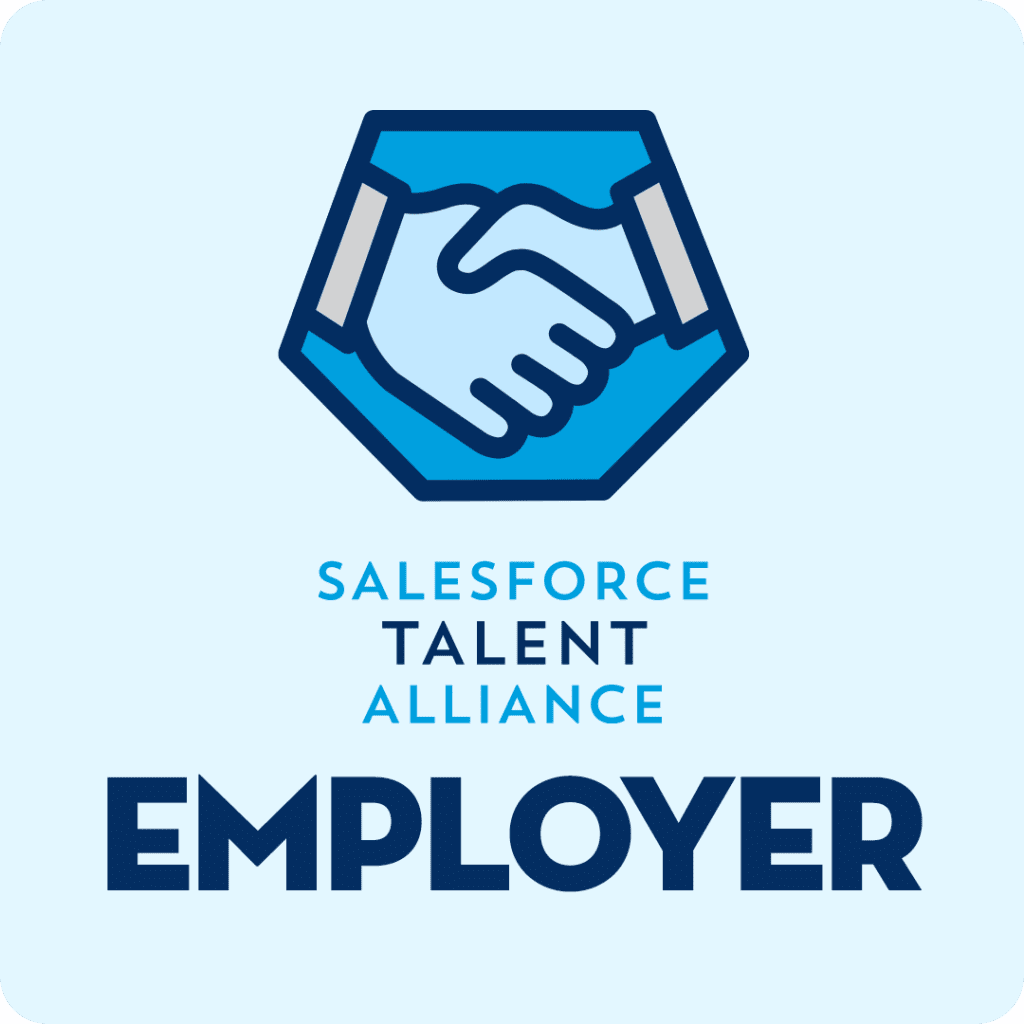Cloud technology is taking the world by storm, transforming entire industries.
Healthcare institutions, for example, use cloud applications to automate manual tasks, store health information, and protect patient data. HR professionals leverage cloud solutions to streamline the recruitment process. This technology can also reduce costs, improve regulatory compliance, and mitigate cybersecurity risks.
Nearly three-quarters of global IT decision-makers believe that 95% of all workloads will run in the cloud by 2025, reports a study conducted by LogicMonitor. This transition is partly due to the advances in technology and partly driven by the shift to remote work following the novel coronavirus crisis.
Given these factors, we can expect to see an increase in the demand for cloud computing experts. Organizations worldwide are seeking cloud architects, software engineers, cybersecurity professionals, .NET developers, and other IT specialists to help them realize their cloud tech goals.
There’s a role for everyone in this surprisingly varied and rapidly growing field, from fresh grads to career-switchers.
Let’s take a closer look at four cloud tech roles that are changing the world.
Cloud Architect
Cloud computing is a game-changer for organizations across the world. It’s also a catalyst for new, innovative business models that require a broad mix of diverse skills. Traditional IT roles are constantly changing and evolving, while new jobs are being created. A good example is the growing demand for cloud architects.
Cloud is a complex technology that involves front-end and back-end platforms, networks, servers, cloud application services, advanced security protocols, and so on. Cloud architects use their expertise to put these elements together and develop cloud solutions for enterprises. They are also responsible for ensuring that critical applications are optimized for specific business processes.
These IT professionals lead the cultural shift for cloud adoption. Their job requires a mix of technical and soft skills, as well as in-depth knowledge of automation, computer security, DevOps toolchain and processes, network architecture, and more. Those who pursue this career path are expected to demonstrate forward-thinking and strong leadership skills.
While it’s possible to learn these things on your own, you might still want to consider a formal degree program. Most companies prefer candidates with a bachelor’s degree or higher. Another option is to complete a certification program, such as:
- Google Cloud Professional Cloud Architect
- AWS (Amazon Web Services) Certified Solutions Architect
- Microsoft Azure Architect Technologies
- IBM Cloud Computing Solution Architect
Amazon Web Services, for example, offers several training programs to help you prepare for the certification exam. A professional certification can increase your chances of finding work and help you stand out from other candidates: think of it as an investment in your future!
DevOps Engineer
More than 80% of organizations are implementing DevOps practices, according to Puppet’s 2021 State of DevOps Report. This set of operations aims to improve software development and delivery processes, allowing companies to innovate faster while at the same time enabling greater cloud capabilities. The role of DevOps engineers is to seamlessly blend software development and IT operations.
Depending on the job, these professionals may create and test new software, implement automation technologies, provide technical support, and more. Basically, they manage the entire software development cycle. Software engineers, by comparison, only address specific aspects of the software development process, explains Maryville University.
DevOps engineers usually work as part of a team. They collaborate with software developers, system administrators, cloud architects, and other IT professionals. These specialists have a strong grasp of automation tools, programming languages, and open source technologies. Having business acumen is just as important.
There is no formal career path for working in this niche. Generally, most employers require a bachelor’s or master’s degree and strong technical skills. DevOps engineers need to have experience with agile development practices, continuous integration and continuous delivery, system administration, and cloud infrastructure resources. They must also be able to convey complex information to both technical and non-technical audiences, from customers to managers and cross-functional teams.
Cloud Developer
Software developers design and create computer programs or apps. Cloud developers, on the other hand, are responsible for building cloud-native apps. From a technical perspective, their work involves an extra layer of complexity. Those who work in this field often have a background in software engineering, and many of them complete additional training in cloud computing.
A cloud developer will not only build and test apps but also monitor their performance. They may also be asked to identify and fix security issues, implement cloud infrastructures, create recovery plans, and coordinate technical projects across teams. These professionals work directly with business leaders and various teams or departments, such as the IT or marketing team.
Cloud developers have strong programming and cloud-specific skills; it’s possible to develop these skills through practice, but it’s in your best interest to complete specialized training.
Job seekers with a bachelor’s degree in computer science, software engineering, cloud computing, or another related field may have a competitive advantage. Tech giants like Google, Amazon, or IBM are unlikely to hire self-taught IT professionals. If you already have a graduate degree, take one step further and get certified in a cloud platform, such as Microsoft Azure, AWS, or Google Cloud.
Cloud Security Analyst
The cloud isn’t immune to cyberattacks and data breaches. After all, there’s a reason why cloud service providers recommend using strong passwords and setting data access rights.
For example, McAfee reports that government agencies saw a 1,114% increase in cloud threats between January and April 2020. Some attacks are opportunistic, while others may arise from shared vulnerabilities, insufficient due diligence, or insecure interfaces.
It’s the job of the cloud security analyst to anticipate, detect, and address these issues. They also use their skills to research emerging cybersecurity threats, evaluate security policies, and develop recovery plans.
Their day-to-day duties may include:
- Perform internal and external security audits
- Monitor security access
- Upgrade existing security systems
- Develop training programs for other teams and departments
- Engage in “ethical hacking” or pen-testing
- Generate reports for stakeholders
- Identify insider threats
- Ensure legal and regulatory compliance in cloud environments
Without a doubt, this is one of the most interesting cloud tech roles, but it also comes with increased responsibility. Even a minor incident related to cloud security could result in data loss. According to a recent IBM report, data breaches cost companies more than $4.2 million per incident.
Considering these risks, it’s not surprising that most employers seek highly experienced cloud security analysts.
Candidates are often required to have a graduate degree in cyber- or network security, computer science, or software engineering, as well as industry-recognized certifications, such as the CISM (Certified Information Security Manager) or CCSK (Certificate of Cloud Security Knowledge). Some organizations prefer applicants with previous work experience in IT or cloud security.
Finding qualified professionals for these roles can be difficult—and that’s where you come in. As an IT recruiter, you can use your skills to help leading organizations fill vacant roles. You would have the opportunity to interview top professionals in the cloud industry and put them in touch with those who need their expertise.










